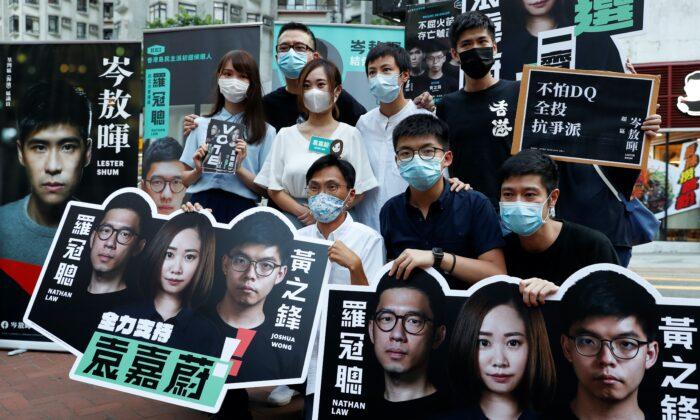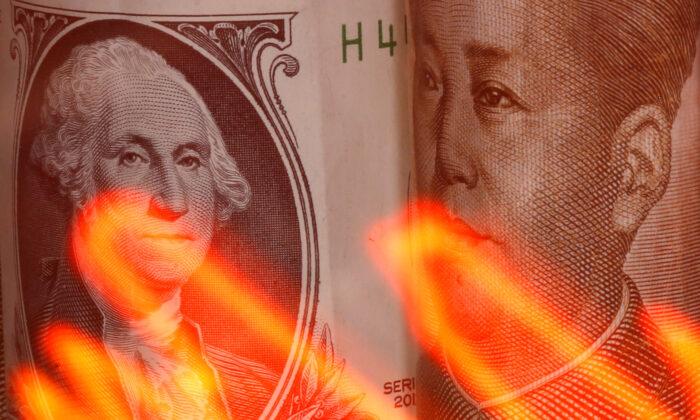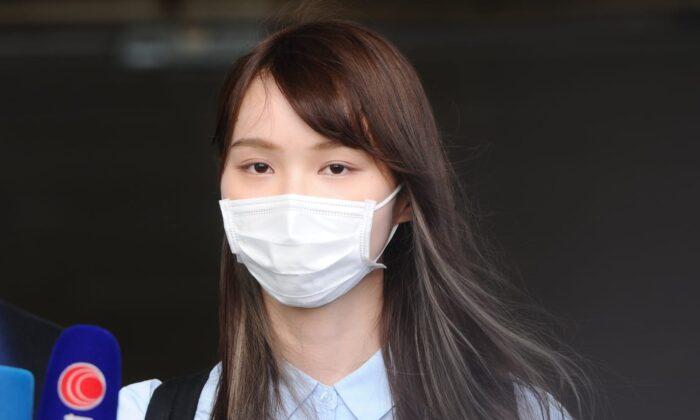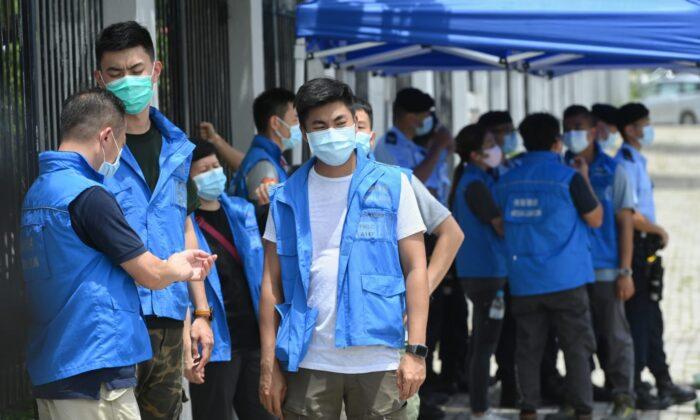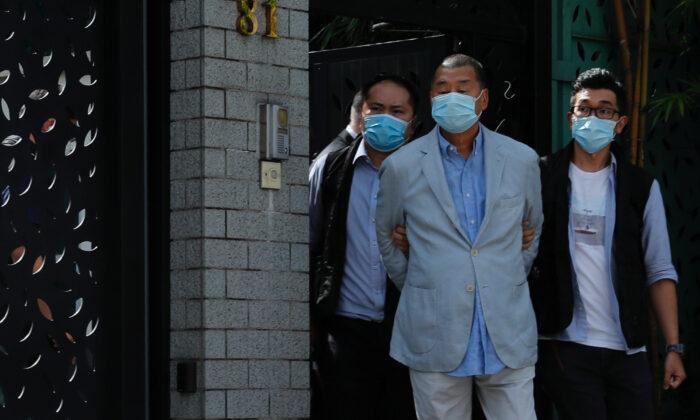HONG KONG—Twelve pro-democracy candidates have been disqualified from running in Hong Kong’s upcoming Legislative Council election, including prominent activist Joshua Wong.
The nominees announced the official disqualifications on their respective Facebook pages, posting letters of notification from the government.
The period for nominating candidates ends July 31, leaving the pro-democracy camp with little time to regroup after the elimination of so many candidates.
The Hong Kong government said the rationale for elimination was the candidates’ past behavior that indicated they would be unable to “genuinely uphold the Basic Law,” referring to Hong Kong’s mini-constitution, or “perform the duties of a LegCo (Legislative Council) member.”
Activities that invalidated the candidates include promoting Hong Kong independence, supporting self-determination, soliciting support from foreign governments, and opposition to China’s national security law, according to the statement.
China’s sweeping new law took effect on July 1, immediately after the Chinese Communist Party’s rubber-stamp legislature approved the draft. It punishes secession, subversion of state power, terrorism, and colluding with foreign countries, with a maximum penalty of life in prison.
The pro-Beijing Hong Kong government has used similar explanations before to disqualify winning LegCo candidates.
In 2016, pro-democracy activist Nathan Law was among several lawmakers who were disqualified because they altered their oath of office, which includes a sentence stating allegiance to the Chinese regime’s rule over the city. A court ruled that Law and the others had failed to take their oaths properly.
Moderate pro-democrats, such as lawyer Dennis Kwok, were also eliminated.
“When the national security law was passed, I said ‘one country, two systems’ is finished,” said Kwok during a press conference on July 30, referring to the framework under which Beijing promised to preserve Hong Kong’s autonomy upon the territory’s transfer from British to Chinese rule in 1997. “I think today we’re seeing the result of the relentless oppression that this regime is starting.”
Many candidates have voiced their concerns over the potential for the security law to be used to silence and eliminate pro-democracy proponents in Hong Kong.
“This is an outrageous political purge of Hong Kong’s democrats,” Patten said. “The national security law is being used to disenfranchise the majority of Hong Kong’s citizens.”
An official statement from the Hong Kong government said it didn’t “rule out the possibility that more nominations would be invalidated.”
